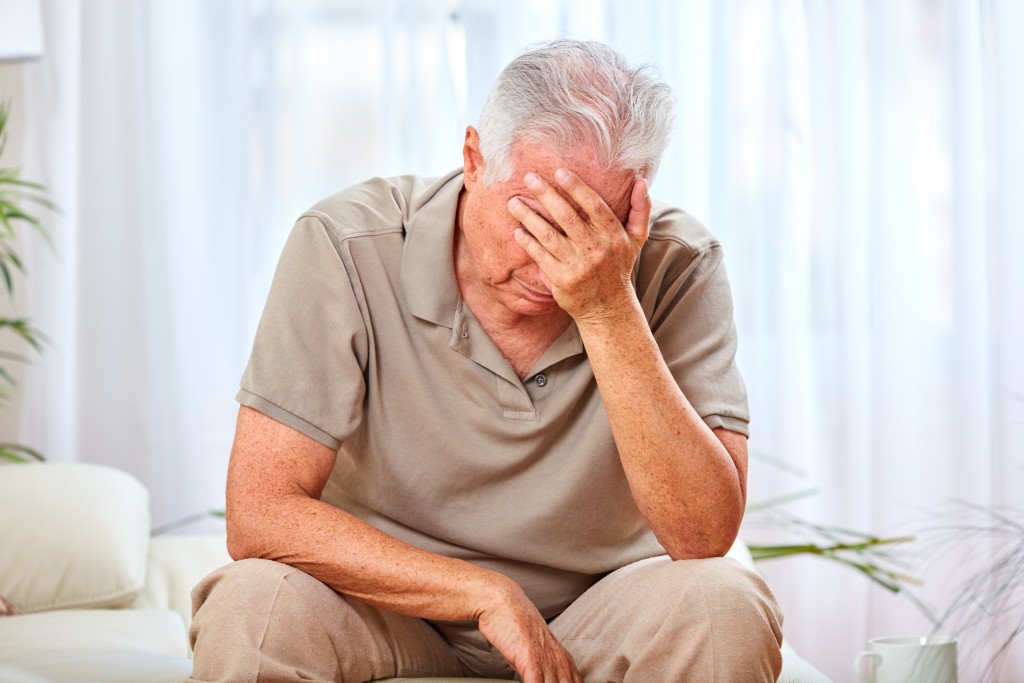If you think only teens to middle-aged adults are prone to alcoholism, you may be surprised, because a number of senior adults are also affected by the condition.
It was found that 10-15% of people don’t start drinking heavily until they get much older. This fact may account for the nearly 50% of seniors having alcohol-related problems, even when they’re living in nursing homes and assisted living facilities.
The number of alcoholic seniors is even expected to rise to 80 million by 2050.
Considering an elderly’s overall health condition and remaining years to live, you may wonder if it’s still possible to treat them. But before finding out, let’s first understand alcoholism among the elderly.
Causes of Alcoholism
Alcoholism, more scientifically known as Alcohol Use Disorder (AUD), is caused by different factors, including a long period of drinking. Quitting becomes harder when one’s brain is already reliant on alcohol to produce certain chemicals.
Below are the other risk factors of alcohol abuse:
-
Biological Factors
Genetics and physiology are found to have a link with alcoholism. Some individuals are innately more tolerant of alcohol, hence their impulses to drink more are stronger. This in turn encourages the brain to repeat the behavior, until it becomes dependent on alcohol.
Scientists have also discovered that 51 genes in various chromosome regions may be associated with alcoholism. When these genes are passed down through generations, the members of that family can be more vulnerable to alcohol dependence.
-
Environmental Factors
Alcohol ads, which usually promote drinking as a way to relax, may push individuals, including seniors, to make drinking as a pastime. One’s income level may also contribute as a risk factor; contrary to popular belief, people from affluent neighborhoods are actually more likely to become alcoholics than those who live in poorer areas.
-
Social Factors
Peers, religion, family, and work influence many people’s drinking habits. Among all of these, the family plays the biggest role in an individual’s likelihood of becoming an alcoholic. Children who are exposed to alcohol abuse from an early age have higher chances of acquiring the same dangerous drinking patterns in their adulthood.
-
Psychological Factors

Alcohol-dependent senior adults may be dealing with stress, anxiety, depression, and other mental health issues. Considering that they’re often lonely, they may have found comfort in alcohol, unaware that it’s driving them to addiction.
Hazards of Alcohol Abuse in the Elderly
Aging can reduce the body’s alcohol tolerance. As such, senior adults experience the effects of alcohol quicker than when they were younger. If they are living alone without a caretaker, drunkenness can put them at risk for accidents such as falls, car crashes, and other serious injuries.
Their existing health conditions may also worsen, and on top of that, they may even develop Type 2 Diabetes. This is because alcohol can decrease the body’s sensitivity to insulin, which is the hormone that breaks down sugar for energy. With insulin resistance, more sugar will be stored in the bloodstream, which can damage the other organs in the body, especially the liver and pancreas.
Other health conditions caused or aggravated by alcohol are high-blood pressure, kidney failure, and heart diseases.
Treating Alcoholism
It may be more difficult to cure an elderly’s alcoholism, but still possible. If your senior loved one or patient tends to act defensive when you discuss their drinking habits, it may be best to bring them to a doctor offering an effective alcohol detox program. Doctors undoubtedly have better solutions to alcohol abuse, and they’re experts in interacting with seniors.
Your patience is highly important when dealing with an alcoholic elderly loved one. Expect outbursts, withdrawal symptoms, and few more side effects, but as long as they’re receiving help from a skilled professional, their recovery will be certain, and it won’t be too late for them to start over again.






